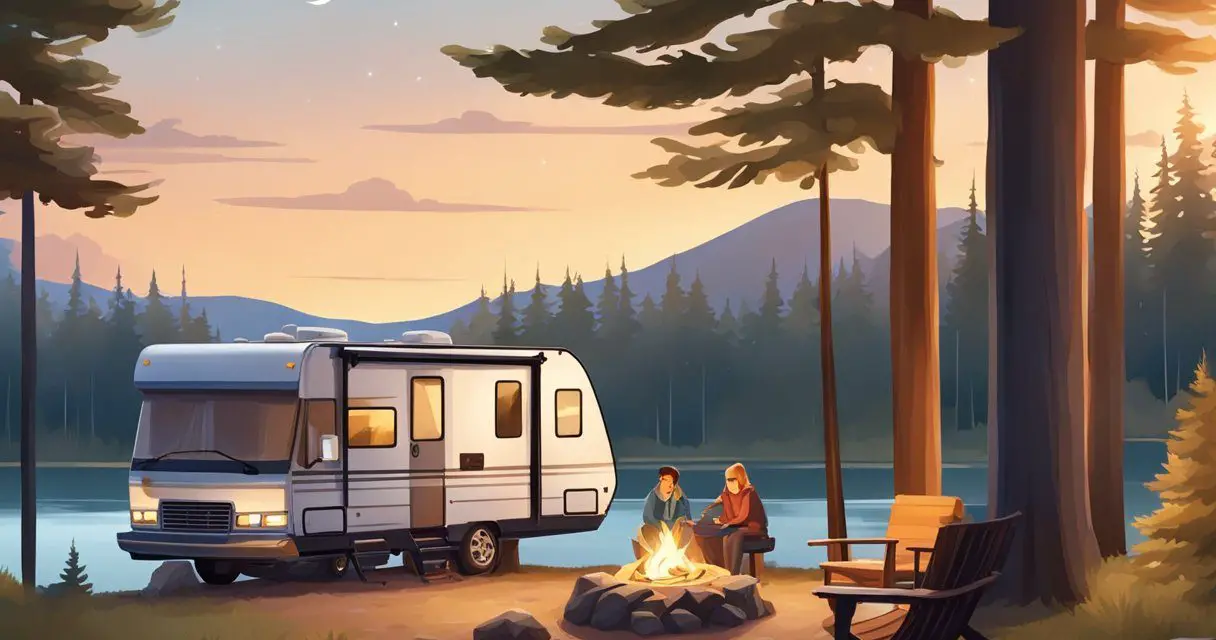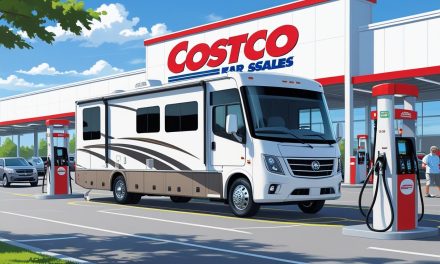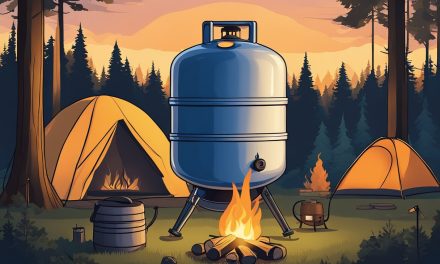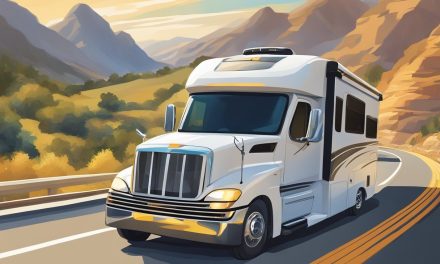Planning a road trip in an RV can be an exciting adventure, offering you freedom and flexibility like no other form of travel. There are many options to explore and enjoy, but it helps to be prepared. Knowing a few essential tips can help make your RV rental experience smooth and fun.
As you gear up for this journey, it’s important to think ahead and understand the ins and outs of renting an RV. Each step will help ensure that your road trip is all about enjoying the open road rather than dealing with unexpected surprises.
1) Choose the Right RV Size for Your Trip
Picking the right RV size is super important for a great trip. Think about how many people are coming with you. A bigger group needs more space, while a smaller group can stick to something cozier.
Consider what you need for comfort, like beds, kitchen space, and storage. Class A motorhomes offer lots of luxury and are the biggest you can get. They’re awesome if you want to travel in style.
If it’s your first time, you might want to rent an RV. This way, you can test out different sizes without a long-term commitment. It helps you find out what suits your trip best.
2) Don’t Forget About Insurance Coverage
When you rent an RV, it’s super important to think about insurance. Regular RV insurance might not cover you if you rent it out. Make sure you have coverage that works for rentals. This will help protect you in case something happens.
Check with your insurance provider about what is covered. Some companies might deny claims related to rentals. You don’t want to be surprised later if a claim isn’t accepted because you rented the RV.
Some rental services include insurance in their package. This can be a huge help. Double-check what’s included, though, to be certain it meets your needs. Always read the fine print so you know what to expect.
3) Understand the RV Types Available
Would you like to save this article?
Before you rent an RV, it’s good to know the different types out there. This way, you can figure out which one works best for your trip.
There are Class A, B, and C motorhomes. Class A RVs are big and fancy. They look like buses and have lots of space. Class B RVs are more like vans. They’re smaller and easier to drive, but less roomy. Class C RVs are in between, with a cabin over the driver’s seat.
Then there are towable RVs, like fifth wheels and travel trailers. A fifth wheel hooks to a special hitch in the bed of a pickup truck. Travel trailers connect to the back of a vehicle.
Pop-up campers are less common but worth mentioning. They’re lightweight and fold into a compact size, making them easy to tow. Once set up, they expand to provide more space.
Choosing the right type of RV depends on your needs, skills, and comfort with driving or towing larger vehicles.
4) Prepare for Life on the Road Utilities
When you rent an RV, you become your own utility manager. This means taking care of your gas, water, and electric needs. You’ll need to connect to hookups at campgrounds for these utilities.
Learning how to properly attach hoses for water and sewage is important. Make sure to follow all instructions to avoid any spills or leaks, which can be pretty unpleasant.
For electricity, know the difference between 30-amp and 50-amp connections. Your RV probably supports one type, so find out which before you head out. Always use a surge protector to keep your RV’s electrical systems safe.
Consider the size of your propane tank. It powers appliances like the stove and heater. Plan how often you’ll need refills based on where you’re traveling.
5) Consider a Test Drive Before Committing
Taking a test drive in an RV can help you feel more comfortable before your big trip. It’s a useful way to get a sense of how the vehicle handles on the road. You don’t want to discover challenges once you’re already miles away from home.
A test drive also helps you check the RV’s features. Try out different things like the braking system, mirrors, and even the kitchen appliances. This is your chance to make sure everything meets your needs.
Even a short drive around the neighborhood can make a big difference. It can build your confidence and help you decide if this RV is the right fit for your journey. So, take it for a spin before you sign any papers.







